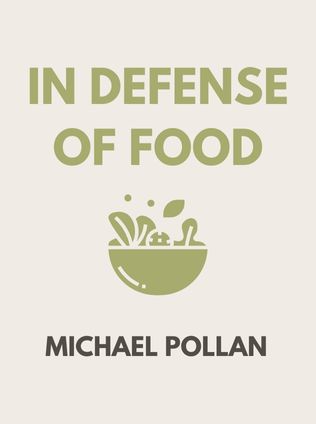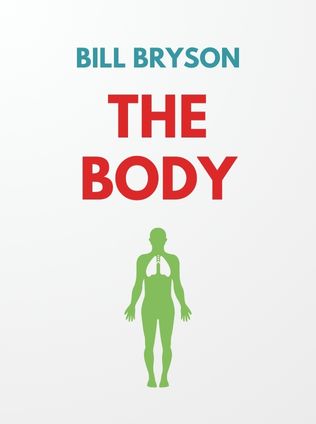
In Defense of Food
An Eater's Manifesto
By Michael Pollan
Published 01/2008
Summary of *In Defense of Food* by Michael Pollan
About the Author
Michael Pollan is a distinguished author and journalist whose work has had a profound impact on contemporary food culture. With a background in English and extensive experience in investigative journalism, Pollan has devoted much of his career to exploring the intersections of food, health, and agriculture. His writings delve into how modern food systems influence our diets and overall well-being.
Pollan’s notable books include *The Omnivore’s Dilemma*, which examines the complexities of modern food choices, and *Food Rules*, a guide to simple eating principles. *In Defense of Food*, published in 2008, is a critical examination of how the American diet has evolved and the consequences of industrialized food production on public health.
Main Idea
*In Defense of Food* presents a critique of modern American eating habits, which have been heavily influenced by industrialization and a focus on nutrients rather than whole foods. Michael Pollan argues that this shift has led to a series of health problems and a disconnection from traditional food practices. The book advocates for a return to simpler, more natural eating habits and provides practical advice for improving dietary choices to support overall health and well-being.
Table of Contents
- Introduction: The Trouble with Western Diets
- Chapter 1: Where We Went Wrong
- Chapter 2: The Heavy Hand of Nutritionism
- Chapter 3: The Birth of Imitation Food
- Chapter 4: The Low-Fat Fiasco
- Chapter 5: The Western Diet and Diseases
- Chapter 6: Five Shifts that Changed the Relationship Between Humans and Food
- Chapter 7: Saying Goodbye to the Western Diet
Introduction: The Trouble with Western Diets
Michael Pollan introduces the central paradox of modern American food culture: despite the vast array of food options, Americans face significant health challenges. The introduction sets the stage for a discussion about how the abundance of food has not necessarily led to better health. Instead, the focus on processed foods and the reduction of traditional food practices have contributed to a variety of health issues, including chronic diseases.
Pollan argues that the modern food system, driven by industrial processes and a focus on convenience, has led to a disconnect between people and their food. This disconnection has resulted in a diet that is often nutritionally poor and contributes to widespread health problems. The introduction emphasizes the need for a paradigm shift towards more traditional and mindful eating practices to improve health outcomes.
Chapter 1: Where We Went Wrong
In this chapter, Pollan explores the historical shifts that have led to the current state of American eating habits. He discusses how, since the mid-20th century, Americans have increasingly relied on government and scientific guidelines for dietary decisions. This shift from traditional food practices to a focus on scientific nutrition has had significant implications for public health.
Sign up for FREE and get access to 1,400+ books summaries.
You May Also Like
Freakonomics
A Rogue Economist Explores the Hidden Side of Everything
By Steven D. Levitt and Stephen J. DubnerThe Body Keeps the Score
Brain, Mind, and Body in the Healing of Trauma
By Bessel van der KolkFactfulness
Ten Reasons We're Wrong About the World – and Why Things Are Better Than You Think
By Hans Rosling



















